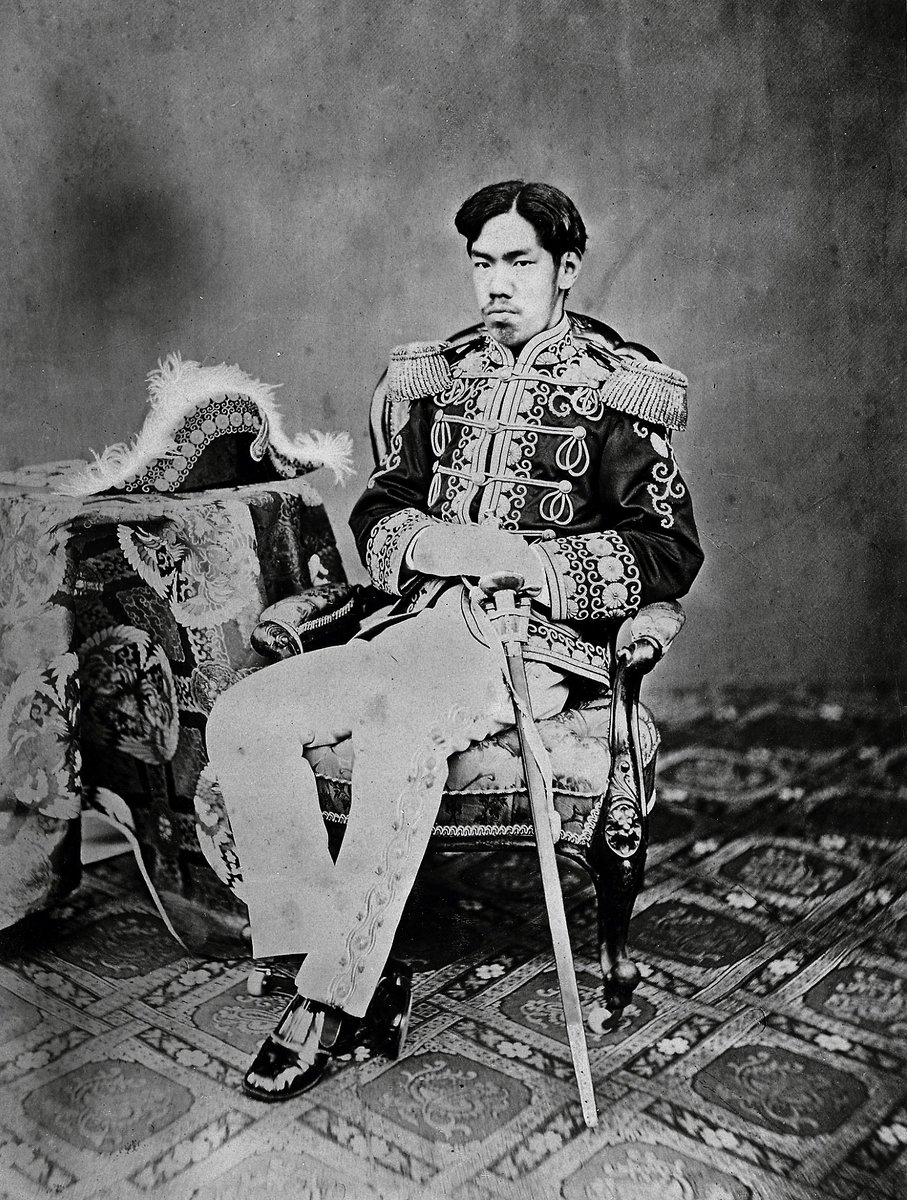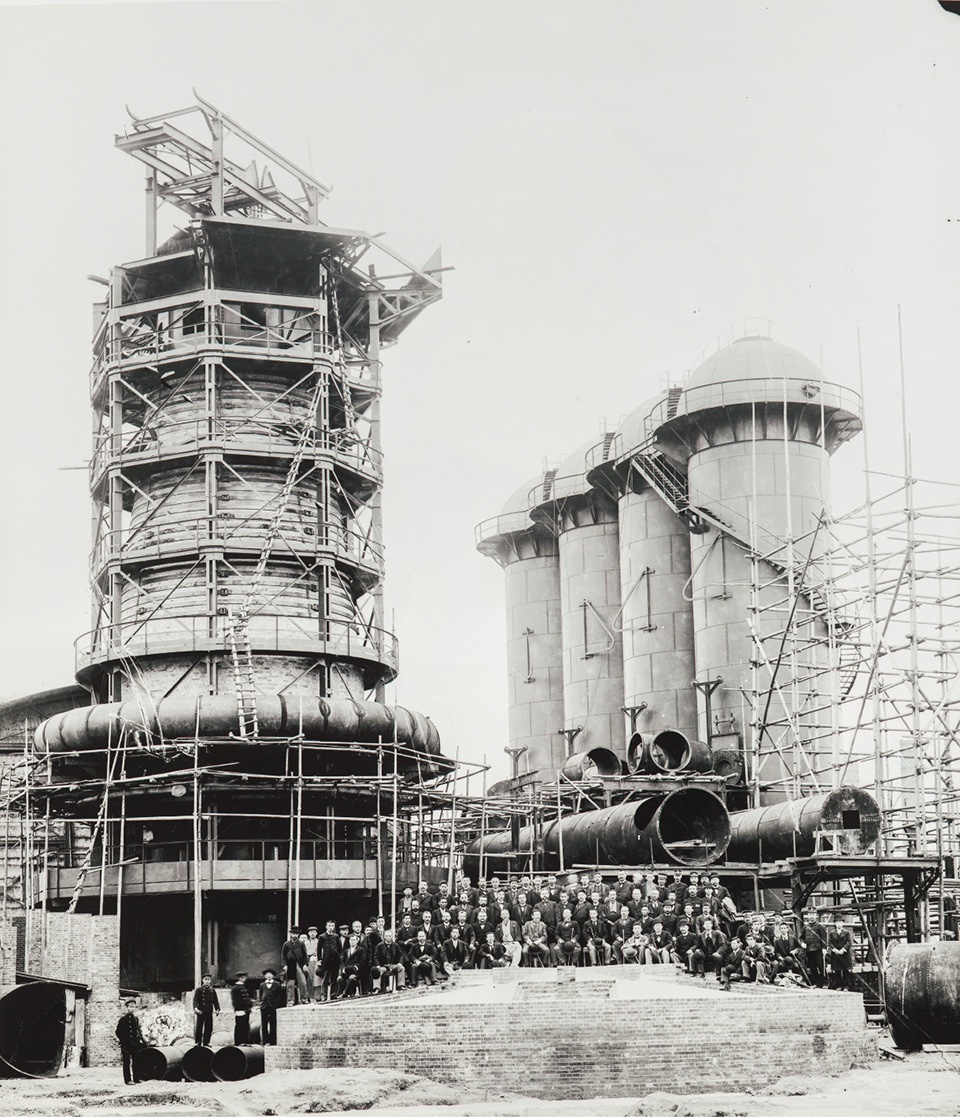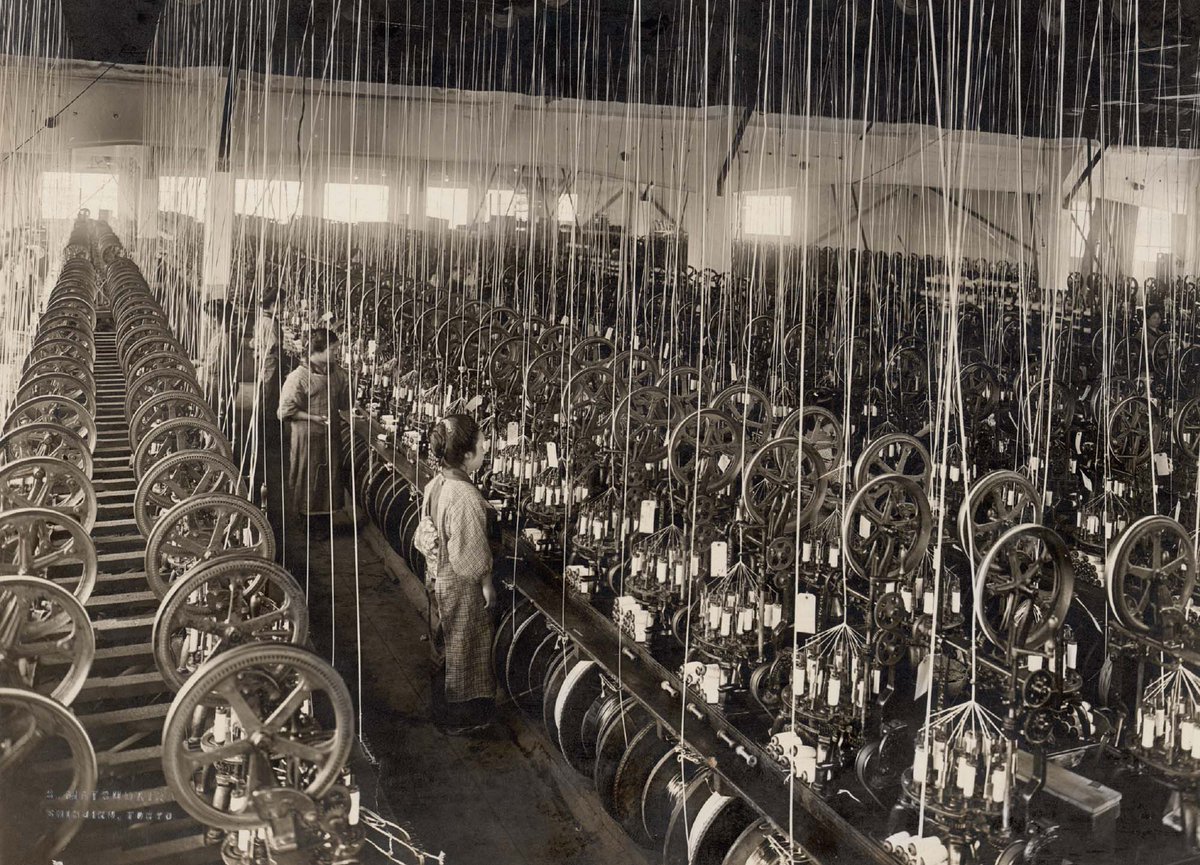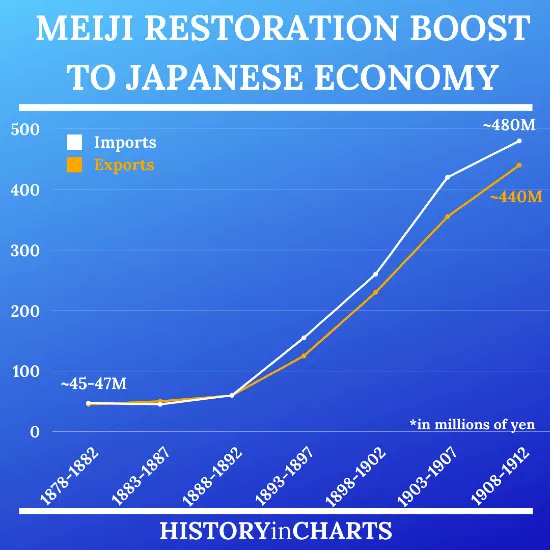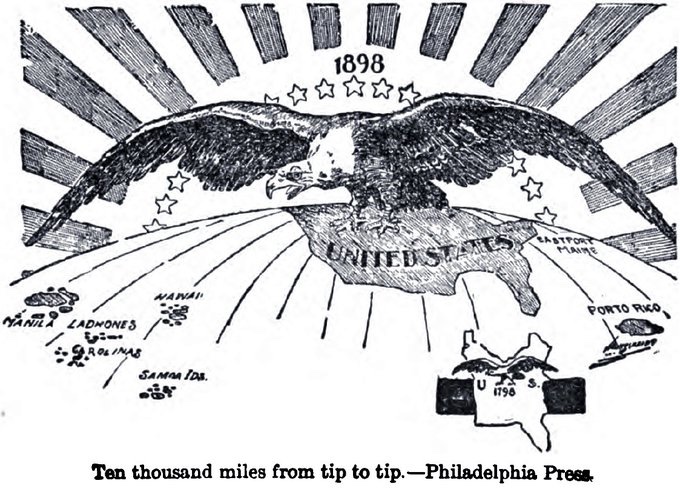🧵 How Civilizations Fall
Recently I had the pleasure of reading The Law of Civilization and Decline, by American historian, Brooks Adams.
Recently I had the pleasure of reading The Law of Civilization and Decline, by American historian, Brooks Adams.

Brooks Adams had a distinguished lineage: great-grandson of Pres John Adams, grandson of Pres John Quincy Adams, and son of diplomat & author, Charles Francis Adams. Educated at Harvard, Brooks became secretary to his diplomat father and wrote several books.






Brooks Adams was concerned with the process by which societies rise and fall. His work preceded that of Spengler in seeing how Money became a power in its own right, which subverts government and lays the foundation for collapse.




In 1898, he wrote The Law of Civilization and Decline, in which he made the case that commercial civilizations rise and fall based on predictable patterns.

If you read my thread on Sir John Bagot Glubb’s The Fate of Empires (1978), you’ll see that Glubb made a later case for all empires rising and falling on predictable patterns. This kind of history, known loosely as the Social Cycle Theory, is interesting.
https://twitter.com/LaocoonofTroy/status/1368579043516424198
Below are excerpts from Brooks Adams's The Law of Civilization and Decline in the chapter on Rome:
"This supremacy of the economic instinct transformed all the relations of life, the domestic as well as the military.


"This supremacy of the economic instinct transformed all the relations of life, the domestic as well as the military.



"The family ceased to be a unit, the members of which cohered from the necessity of self-defence, and became a business association.




"Marriage took the form of a contract, dissoluble at the will of either party, and, as it was somewhat costly, it grew rare. 

"As with the drain of their bullion to the East, which crushed their farmers, the Romans were conscious, as Augustus said, that sterility must finally deliver their city into the hand of the barbarians.




"They knew this and they strove to avert their fate, and there is little in history more impressive than the impotence of the ancient civilization in its conflict with nature.




"In vain, celibacy was made almost criminal. In vain, celibates were declared incapable of inheriting, while fathers were offered every bribe, were preferred in appointments to office, were even given the choice seats at games; 

"...in the words of Tacitus, “not for that did marriage and children increase, for the advantages of childlessness prevailed.” All that was done was to breed a race of informers, and to stimulate the lawyers to fresh chicane.




"The evolution of this centralized society was as logical as every other work of nature. When force reached the stage where it expressed itself exclusively through money, the governing class ceased to be chosen because they were valiant or eloquent, artistic, learned, or devout, and were selected solely because they had the faculty of acquiring and keeping wealth.





"As long as the weak retained enough vitality to produce something which could be absorbed, this oligarchy was invincible;




"...and for very many years after the native peasantry of Gaul and Italy had perished under the load, new blood injected from more tenacious races kept the dying civilization alive. 

"The weakness of the monied class lay in their very power, for they not only killed the producer, but in the strength of their acquisitiveness they failed to propagate themselves. 

"With the peasantry the case was worse. By the 2nd Century barbarian labour had to be imported to till the fields, and even the barbarians lacked the tenacity of life necessary to endure the strain. They ceased to breed, and the population dwindled.




"Then, somewhat suddenly, the collapse came. With shrinking numbers, the sources of wealth ran dry, the revenue failed to pay the police, and on the efficiency of the police the life of this unwarlike civilization hung.
https://twitter.com/LaocoonofTroy/status/1588588604099801088
"In early ages, every Roman had been a land-owner, and every land-owner had been a soldier, serving without pay. To fight had been as essential a part of life as to plough.






"But by the fourth century military service had become commercial; the legions were as purely an expression of money as the bureaucracy itself.



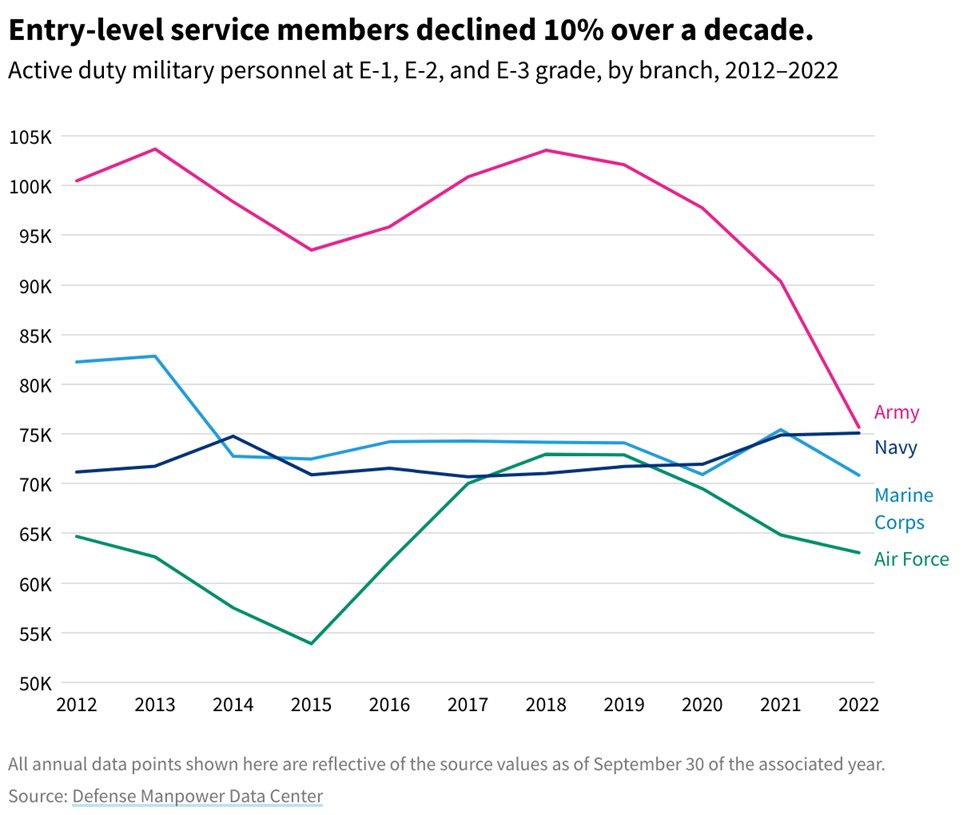
"Rome owed her triumphs over Hannibal and Pyrrhus to the valour of her infantry, rather than to the genius of her generals; but from Marius the census ceased to be the basis of recruitment, and the rich refused to serve in the ranks. 

This was equivalent in itself to a social revolution; for, from the moment when the wealthy succeeded in withdrawing themselves from service, and the poor saw in it a trade, the citizen ceased to be a soldier, and the soldier became a mercenary. 

END
"From that time the army could be used for “all purposes, provided that they could count on their pay and their booty."
"From that time the army could be used for “all purposes, provided that they could count on their pay and their booty."

• • •
Missing some Tweet in this thread? You can try to
force a refresh


